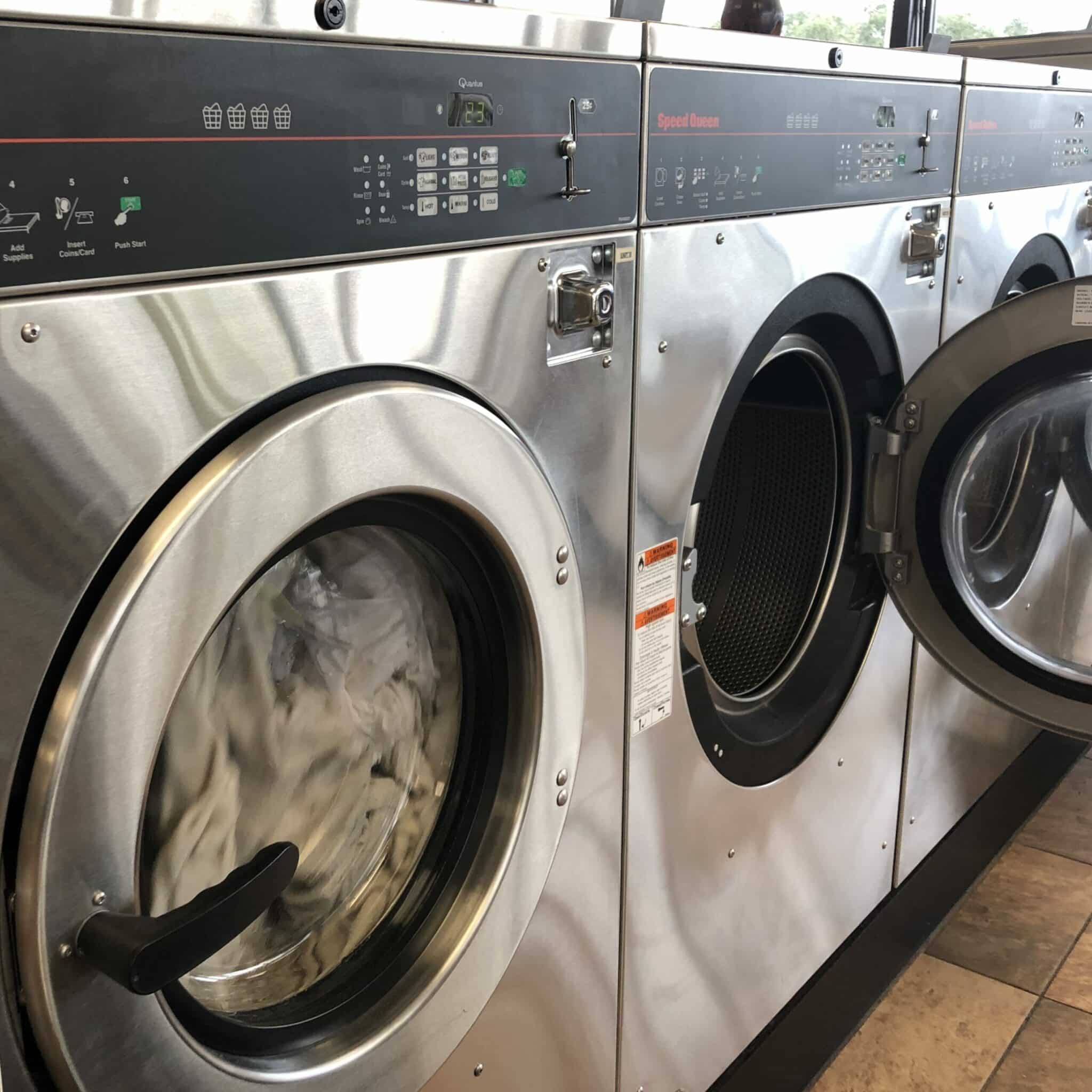 Today in 2015 we must re-claim our call. Like any other community there are times that we loose our way, that we take pathways that have dead ends, that we become more concerned about ourselves than about our call, so it is my prayer that today we can recover our zeal, passion, and purpose.
Today in 2015 we must re-claim our call. Like any other community there are times that we loose our way, that we take pathways that have dead ends, that we become more concerned about ourselves than about our call, so it is my prayer that today we can recover our zeal, passion, and purpose.
As our bishop Cynthia Harvey has asked us: “Who are we going to be? And what resources do we need? Always keeping in mind that we must hold nothing, NOTHING, sacred but our mission!!”
Not the our ways of worship, not our preferences, not our perceived ways of doing things, not our comfort, not our positions, not our assumptions about how things should be, not our likes or dislikes, not our fears, not our desires, not our perceived lack of resources, not our desire to return to “better days.”
How do we recover and renew our identity as a community of missionaries in a way that explicitly speaks to the needs, the hungers, and the hurts of today?
A missionary people must recognize the movement of God in our hearts and in our life. We must be a people who connect with our baptismal call, with the anointing of the Holy Spirit called upon us, and recognize our identity as followers of Jesus. This identity and the work of the Holy Spirit pushes us beyond our personal preferences and individual perceived needs into a healing people who are primarily concerned about the health of the body. A people who exist for the purpose of human flourishing in and through the forgiveness and reconciling love of Jesus Christ, that’s what we call the gift of Grace!
This gift will push us to leave behind the comforts of our nets: of the family business, of the way of life we have built in order for others to experience following Jesus.
This is an outward movement. A movement that goes beyond our personal preference and our own personal ideals, instead it is fueled by our grace-filled imaginations and commitment to the common good.
This is hard, because the Christian tradition, as lived through in local congregation has in the last 50-100 years seeing itself primarily as a community that exist for itself, for the care of its members.
I’m thankful for the words of our founding pastor, of the words of our United Methodist leadership, and most importantly for the words of scripture because they remind us that we are not here to be a “membership society” but to be a “missionary society.”
We exist for the sole purpose of those who are not yet here, who have not yet found their place in the beloved community of God in the world.
A missionary people must be agents of justice, reconciliation, and love (agents of God’s kingdom). We must become a community that creates space for conversations about the work and fruit of God’s kingdom in us and in our community.
We must model what is like to come from different places from different stories, from different traditions, from different worldviews, political affiliations, and ideologies, with our own stories of brokenness and struggle, and find ourselves healed by the Holy Spirit.
Through that healing, through that Grace we become who we are and bring our renewed identity to become part of the tapestry, the mosaic, that is the community of believers.
What would it look like for us to be a place that is having, what my friend and mentor Craig Gilliam calls, “courageous conversations?” What does it mean for us to be a people who practice, who rehearse, kingdom conversations across our community?
One of the key places of brokenness today is our inability as a society to have conversations that honor the image of God in another person. In our quickness to judgment, our quickness to a position, our quickness to lean on our ideology, we mimic the sinful, destructive, and oppressive patterns of the world; patterns that do not live into our call to love all people, especially our enemy, especially that one whom God made that we disagree with.
We like the religious leaders of Jesus’ day often rather only speak to those that they agreed with and demonize those that they did not agree with, to the extreme of jailing and later assassinating, John the baptizer, and Jesus.
What would it look like for us to be a missionary people who are modeling and living what is like to have holy, sacred, restorative conversations, about the key difficult issues that we are facing today in our lives, our neighborhood, our city, nation and world?
In 2003, our founding, the Rev. Rob Weber, challenged us to tackle the evil of racism by telling us:
“Unless we become ones who intentionally step out and build relationships with other children of God who are just as valid, just as loved, and just as real, unless we step out, then we’re just pretending.”
A missionary people need to be committed to shaping and forming the next generation of missionaries. How do we help shape our children and youth in what it means to be a missionary people? A people committed to justice, reconciliation, and transformation?
In our increasingly busy, connected, and diverse culture I think it would be a great gift to our city that we form young people who are fostering their souls, who are gifted listeners, who are rooted in the story of faith, who are committed to the common good, and who are able to come alongside others to make spaces for healing, forgiveness and reconciliation through conversation, relationship, and mutual love.
Formation of the common good, human flourishing, and kingdom imagination is what Jesus calls an “abundant” life! A life that makes us “fish for people” by living into the practices that deepen the virtues of the Christian life, nurture the fruit of the spirit in them and through them in us.
A missionary people must be fully present in the places that, writer, theologian, and activist Shane Claiborne calls the “abandoned places of empire,” the places that seem to have no or little value in our consumerist, objectifying, and competitive culture – places where the healing, reconciling, and empowering work of Jesus is most needed.
We have an opportunity due to our connection with our missional partner in Cedar Grove, the Common Ground Community, to truly immerse ourselves with sisters and brothers who are different than us, and to live alongside one another as we read and interpret scripture together, as we shine a light on God’s work in that community, as we worship in ways that are different than we are accustomed, as we begin to foster a common kingdom imagination and begin to empower one another to be about the healing, reconciling, and transformative work of Jesus in our city.
This work goes beyond our personal transformation but leads to making space for courageous conversations about racism, classism, sexism, homophobia, fundamentalism (both political and spiritual), and the sinful structures in our city which then should move us to hopeful partnerships for transformation, for the healing and sanctification of our city.
____________________________________
Next- A Generation of Missionaries: Three Movements

